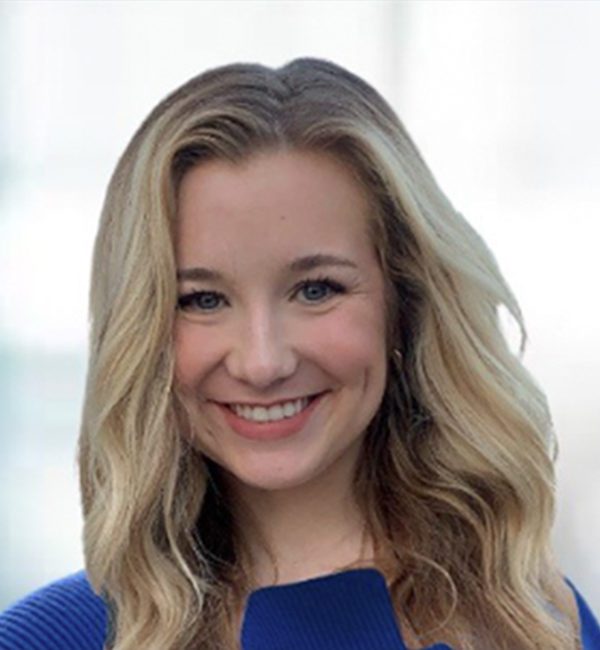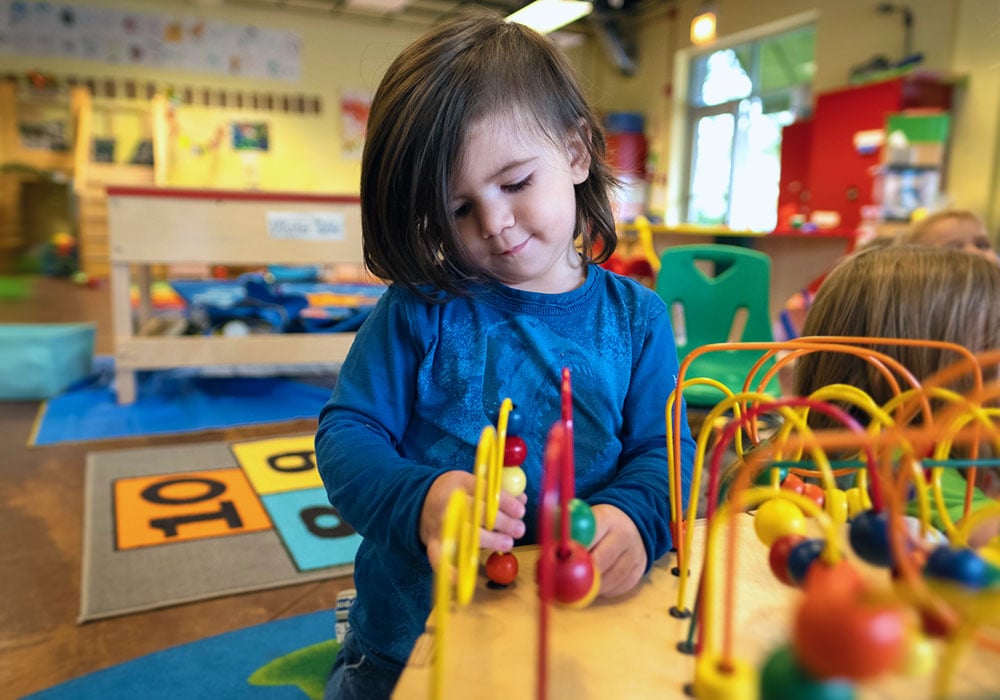A part of our “Student Highlight Series”
Rebecca Gregory graduated from Illinois State University with a degree in Child Development. Now as a Certified Child Life Specialist, she has joined Erikson for her Doctorate degree. We were able to have a conversation with Rebecca on the most recent article she published in the Emerald Insight. Emerald Publishing is an online publishing company that wants to be a facilitator of impact, encouraging equitable, healthy and sustainable research and publishing for all. In the investigative report, Rebecca documents her research with the caregivers of young children, ages 3-6, about the way they navigate and discuss death with the children in their care. As part of the report, Rebecca shared her thoughts and reflections of the importance about talking about death to young children.
As part of the report, Rebecca shared her thoughts/reflections:
I was lucky to be brought into this research by Luke Russell, Ph.D., and Chang Su-Russell, Ph.D., along with Carley Barrett, MS, CCLS, during my time as a graduate student at Illinois State University. This experience highlighted the importance of continued research on child life that we can use to expand and improve the field. This realization brought me to Erikson where I am a doctoral candidate in Child Development. I also work as a Certified Child Life Specialist at Comer Children’s Hospital.
As a child life specialist, part of my job is to have conversations with children that most people shy away from. The existing literature shows us that young children, while not having a complete understanding of death, still pick up on others’ emotions surrounding death and that something in their lives is missing. When death is not addressed to young children, they come to their own conclusions which can be a scary concept for children and their imaginative capacity. It is powerful to see the conclusions about death children come up with and manifest in their behavior and daily experience. One parent in this study had a six-year-old who struggled with emotional dysregulation and was visibly upset on days they were expected to go to Church. After being told their dad “Went home with Jesus” the child became fearful of Church as they didn’t want God to take them home too.
While child life specialists can facilitate these conversations within the hospital setting, my research team and I sought out how parents have facilitated these conversations without external help. This study contrasted the field’s consensus on the developmental importance of these conversations finding that parents often did not want to talk to their children about death. When these challenging conversations took place, parents often use religious or abstract explanations of death to protect the child’s innocence. Our job as professionals is to recognize that parents approach these difficult conversations the best they can. In our role, we can provide guidance to best support families during these difficult and human times.
Erikson has provided me with immense support from doctoral faculty, child life specialists, as well as the opportunity to work with child life master’s students whose fresh views of the field continue to inspire me with new ideas. As I begin my second year as a doctoral student, I am continuing to take coursework both at Erikson and Loyola University Chicago. This year I hope to begin working on a qualifying paper related to my desired research topic of the role of cognitive development on a child’s experience of hospitalization and trauma in efforts to improve the psychosocial practices of pediatric medicine.

Join the Erikson family with monthly news + events updates shared by academics, community members, and families.
